In today's #vatniksoup, I'll introduce an Australian hacker, publisher and activist, Julian Assange. He's best-known as the founder of WikiLeaks, leaking hacked and stolen data, cooperating with the Russian intelligence, and for being under criminal investigation in the US.
1/22
1/22
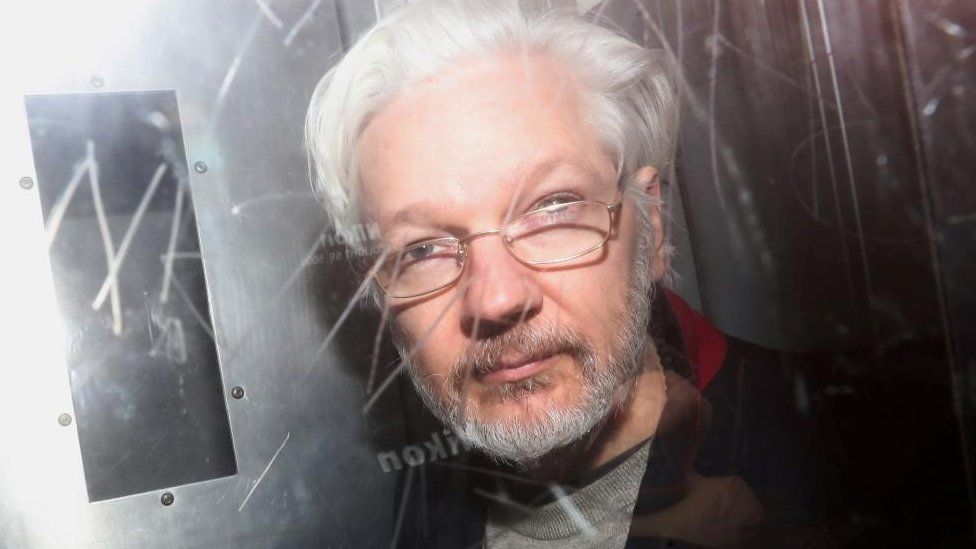
Julian's activism probably comes from his father, John Shipton, an "anti-war activist" who's helped Julian with launching WikiLeaks and the WikiLeaks Party. He also arranged a trip to Syria to meet with Bashar al-Assad and even planned to open an office for the party there.
2/22



2/22



In recent years, Shipton has been seen regularly at Australian "Z-rallies" in support of the Kremlin's war on Ukraine. Incidentally, Shipton got interested in Julian after he became famous in Australia - before that, he was almost completely absent from Julian's life.
3/22


3/22


By 1987, Assange had found his way into the hacking community, and by 1991 he was "probably Australia's most accomplished hacker". Many of his hacking operations attacked the US and its "military-industrial complex", including NASA and MILNET.
4/22


4/22


In 1994, he was charged with 31 counts of crimes related to hacking. He eventually struck a plea deal, pleaded guilty and was given a fine of 2100 AUD. He later described the trial as a formative period & as an experience that led him to start WikiLeaks over ten years later.
5/22
5/22

In Dec 2006, Assange published an essay that described WikiLeaks' strategy and purpose: the group would use leaks to force organizations to "reduce levels of abuse and dishonesty".Some of the leaks exposed widespread corruption and had a significant impact in some countries.
6/22



6/22



In Apr 2010, WikiLeaks released a video of alleged US war crimes in Baghdad in Jul 2007. In 2010, they released over 250 000 US diplomatic cables, an incident that later became known as the "Cablegate". Allegedly, Assange was the one who helped to decrypt the data.
7/22


7/22
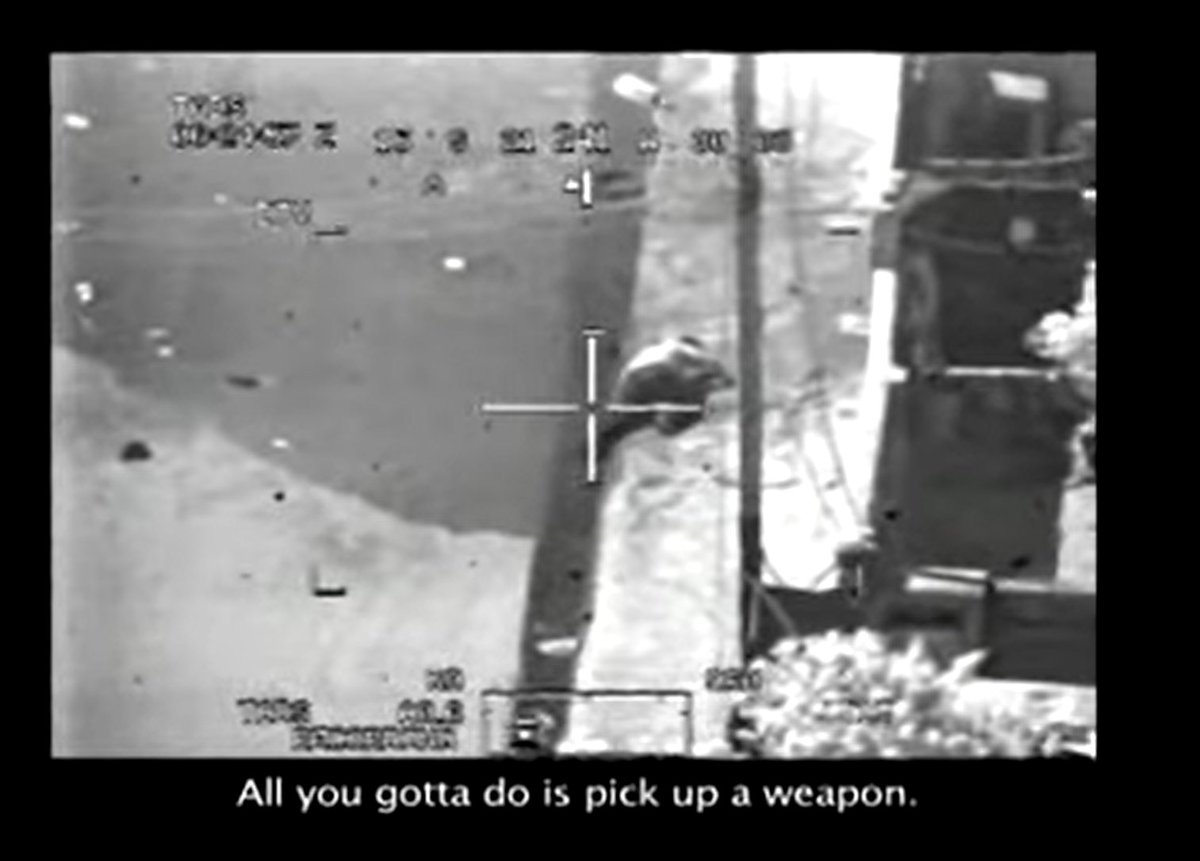

Assange published the leaks in their original form, without censoring any names. This put hundreds of dissidents in Afghanistan and Iraq at "risk of serious harm, torture and even death". Some sources "disappeared" after the publication of unredacted documents.
8/22



8/22

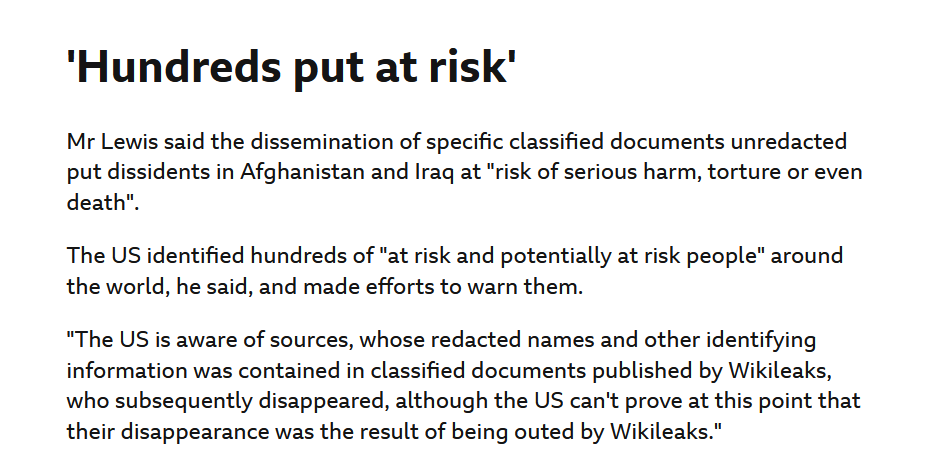

A report told that the leaks put hundreds of Afghans at risk for fighting against the Taliban. To this, Assange commented that "Well, they're informants," continuing that "So, if they get killed, they've got it coming to them. They deserve it."
9/22



9/22



In 2010, Assange's associate, WikiLeaks' representative in Russia and eastern Europe and raging antisemite, Russian Israel Shamir allegedly gave a list of "organisers, instigators and rioters, including foreign ones" to Belarus' dictator Lukashenko, whom he greatly admired.
10/22



10/22



In 2012, it was reported that Russia Today (now RT) would give Assange his own talk show. On the show, Julian interviewed many anti-US and pro-Kremlin figures, including Noam Chomsky, Pakistani politician Imran Khan, and the secretary-general of Hezbollah, Hassan Nasrallah.
11/22




11/22



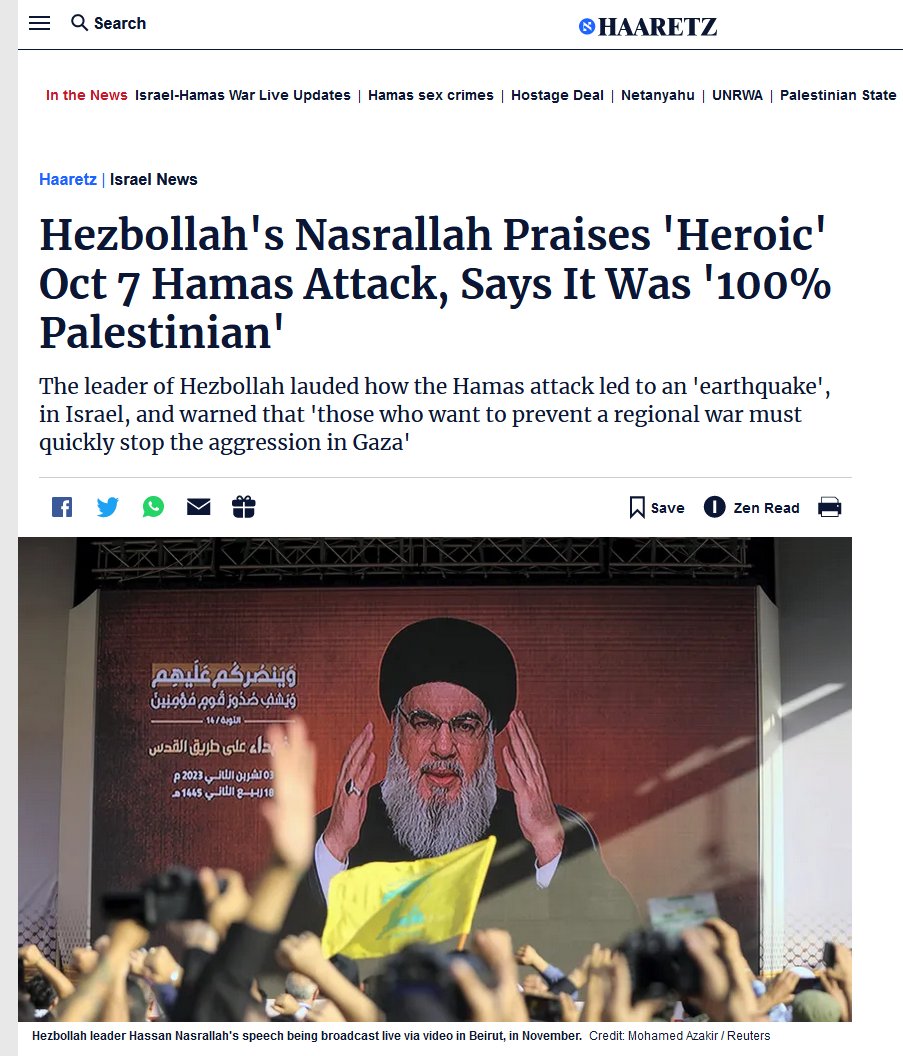
During the US 2016 presidential election, WikiLeaks released hacked emails and documents from the Democratic National Committee (DNC) and Clinton campaign chairman John Podesta. Cybersecurity experts stated that the attack on the DNC server was conducted by GRU,...
12/22
12/22

...a Russian military intelligence agency. The Mueller report concluded that GRU used an alias "Guccifer 2.0" to share the content with WikiLeaks and others. The e-mails also gave birth to various conspiracy theories, including Pizzagate and Frazzledrip.
13/22



13/22



Assange has also been in contact with several figures close to Trump - in 2016 he communicated with Don Jr., and in 2017 with Roger Stone. He also suggested that a DNC staffer Seth Rich could've been the source of the DNC e-mails and that he was killed for this.
14/22




14/22



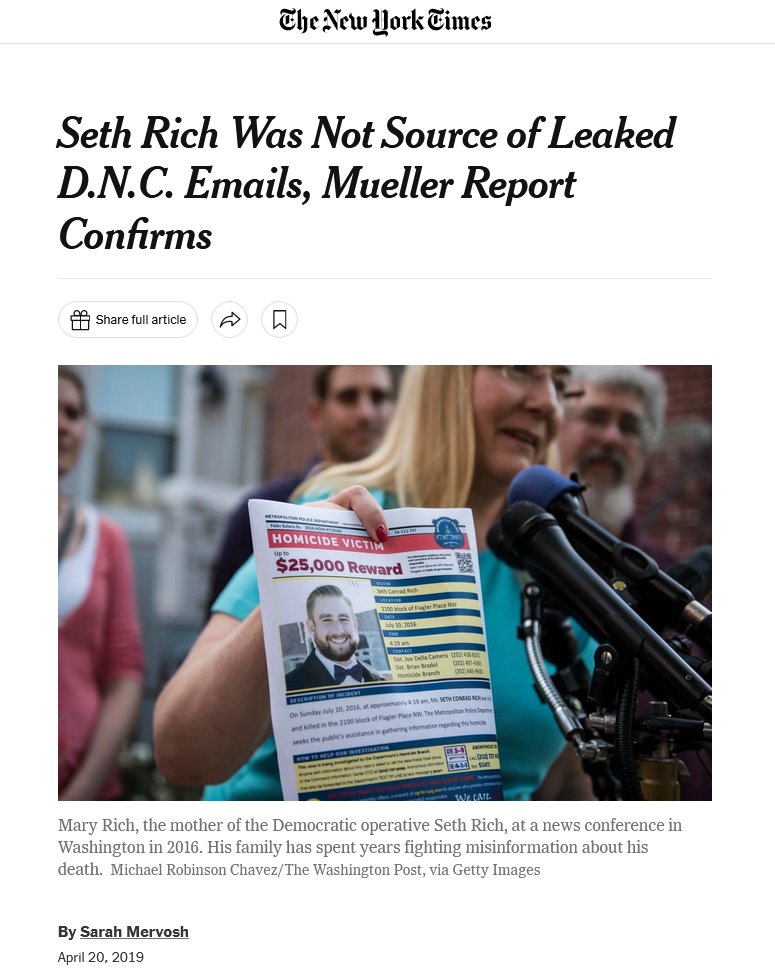
In 2016, WikiLeaks also received a massive cache of documents about the Russian government. The total size of the data package was 68 gigabytes, more than 50% of which hadn't been published before. But "Assange gave excuse after excuse" to not publish them.
15/22


15/22


During the same year, Assange dumped a cache of files on Saudi Arabia. These documents exposed a Saudi man arrested for being homosexual, names of several Saudi citizens suffering from HIV & virginity status of many Saudi women.
He called it "not even worth a headline."
16/22



He called it "not even worth a headline."
16/22



WikiLeaks attempted to silence the critics in 2017 by publishing a "Spy Files Russia" dump which contained information on a Russian online investigation system SORM. The system had been exposed before, and the leak didn't contain much of new information on how it works.
17/22



17/22



Assange was heavily involved in the Catalonia independence movement, and he was seen as the movement's international spokesman. Russia was heavily involved in the project, and many Russian officials and former intelligence officers were involved in planning the movement.
18/22




18/22




In 2017, Russian diplomats held secret talks in London to assess whether they could help Assange flee London and travel to Russia. Four different sources claimed that the plan was supported by the Kremlin, and that it would allow Assange to travel to Russia and live there.
19/22


19/22


Currently, there's a debate whether Assange is a journalist or activist. In my view, Assange's actions have been highly unethical and he's put thousands of innocent lives in danger. He's also been extremely selective about which leaks to publish and which to withhold.
20/22



20/22
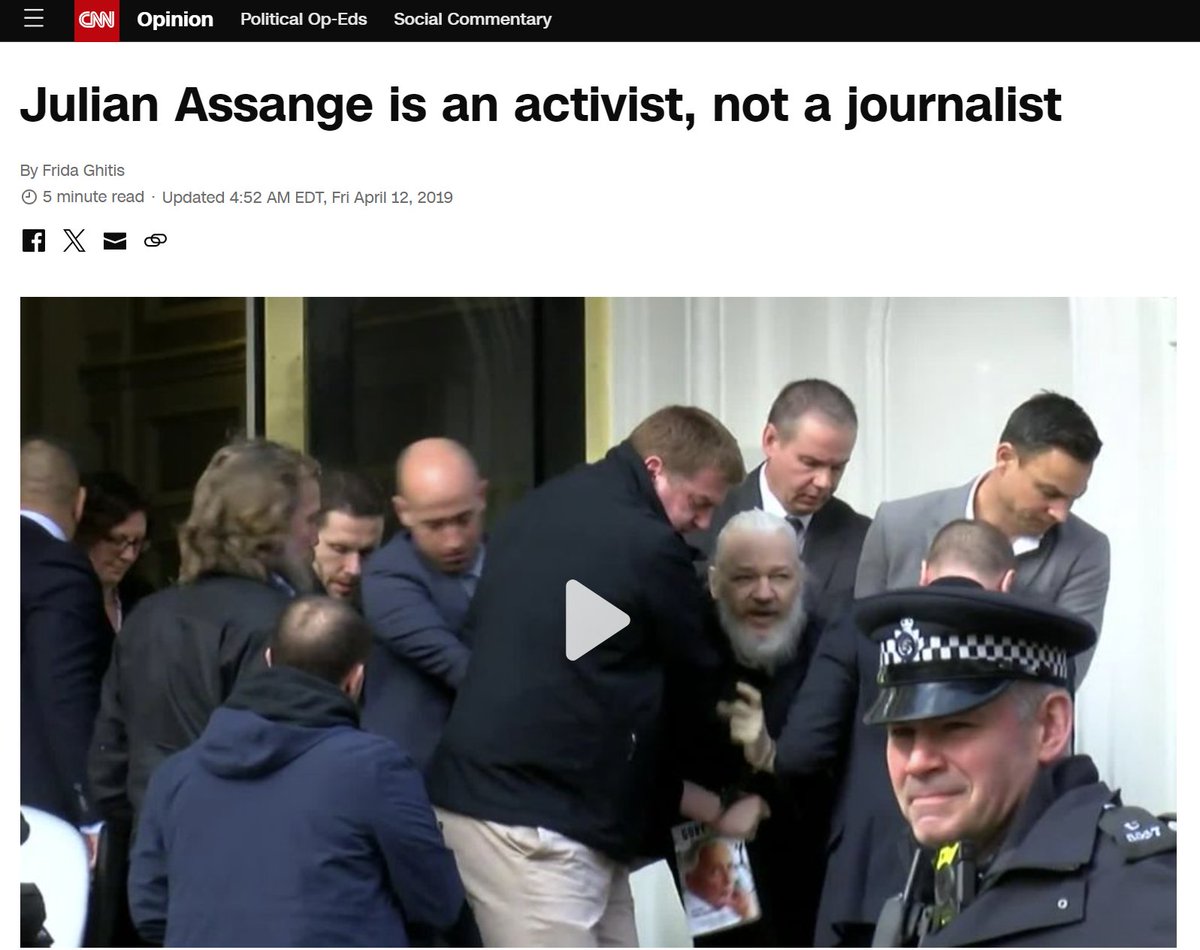

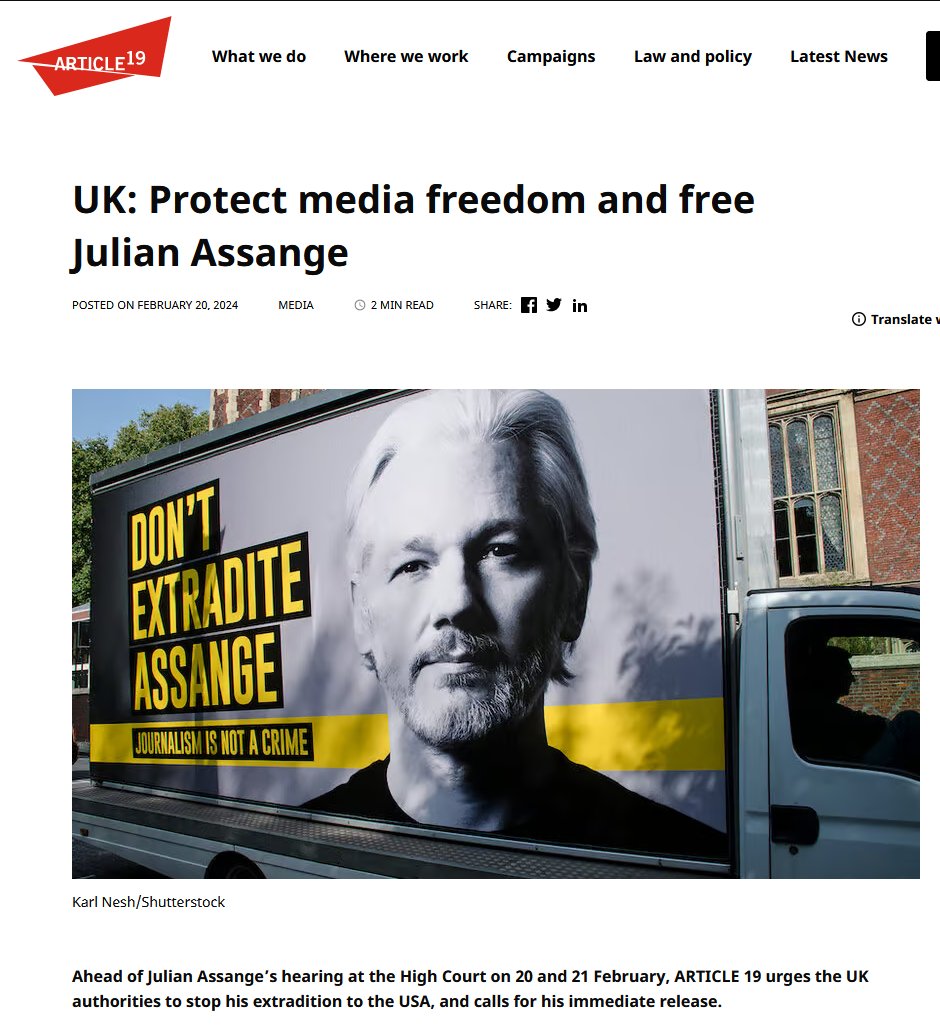
There's also strong evidence that, like his father, he's extremely anti-US and biased towards the Kremlin. His associates had strong connections with Russia, he planned to flee to Russia and even made a propaganda show on Russia Today back in 2012.
21/22
21/22

When asked about Wikileaks role as a whistleblower in Russia, Julian stated that Russia already has Kremlin critics such as Navalny and newspapers like Novaya Gazeta.
22/22




22/22
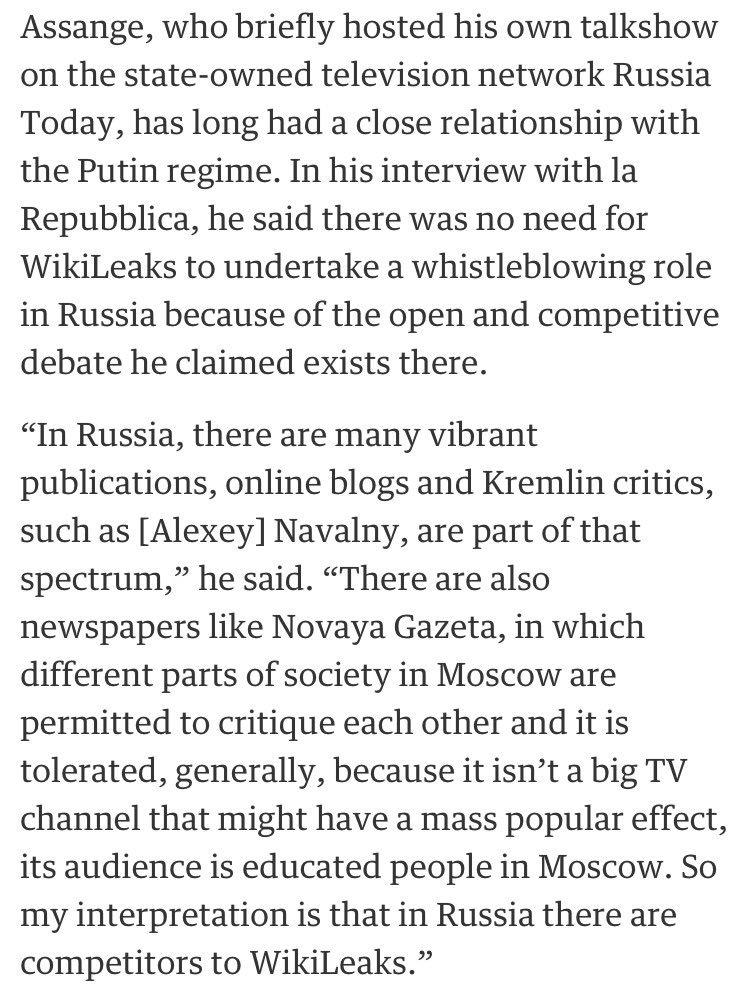



• • •
Missing some Tweet in this thread? You can try to
force a refresh


































